Introducing the spoon-billed sandpiper:
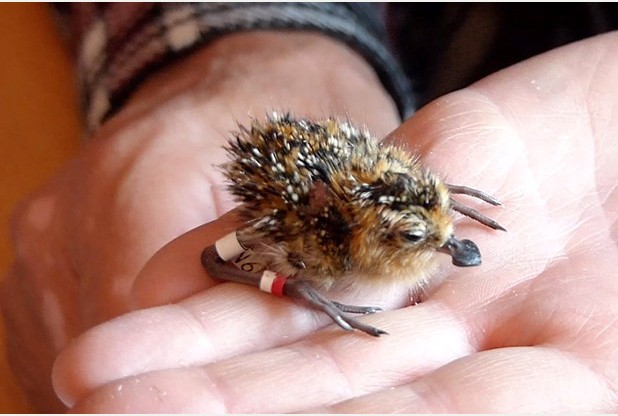
Spoon-billed sandpipers are migratory wader birds that breed in the sub-Arctic and winter in southeast Asia. Best estimates point to less than 100 breeding pairs left in the wild due to a decrease of breeding habitat in the Arctic and increase of bird-hunters in Asia. Don’t worry, this is a story about #OceanOptimism…
The conservation managers at the UK-based Wildfoul & Wetlands Trust weren’t going to take this sitting down. Over £350,000 was raised and the conservation team headed for the Arctic to collect spoon-billed sandpiper eggs and hand-rear them back in the UK. The adult sandpipers in the Arctic would then lay a second clutch, effectively doubling the possible brood in one season.
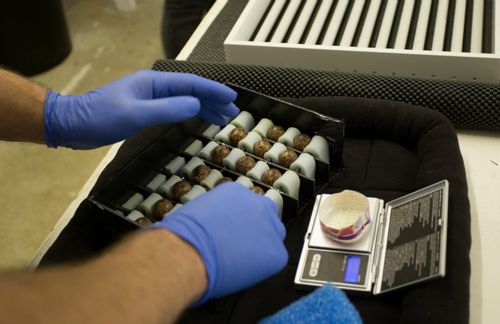
The WWT’s goal was a momentous feat to gets the eggs back to the UK (through Heathrow), hatch them, rear the chicks, foster the spoonies until they fledged, and then transport them to southeast Asia for release. Today, the WWT announced that five of these fostered chicks were spotted in the Arctic this season, successfully completing the 7,500 mile migration. Three of these five went on to find a mate and lay eggs – representing a ~6% increase for the entire population.
Tonight at 8pm GMT (3pm EST), you can watch how this conservation milestone was achieved on Spoonievision, the WWT’s YouTube channel devoted to this project (obviously, the conservation managers of WWT took a page from Chris’s blog):
Personally, I will be watching this project with a very keen eye. There are many controversial aspects to hand-rearing and artificially increasing the population of a species under threat. Some argue that these measures are unsustainable and that marrying the future of any species to fickle funders may spell disaster. Others argue that artificial rearing eliminates the necessary but cruel invisible hand of natural selection, and that increasing the population with unfit animals that wouldn’t normally breed is not an improvement. Of all the fostering projects I have seen, this spoonie project has attempted to address all of these concerns. The WWT is working in Bangladesh and Myanmar to reduce the number of bird hunters, and they are training Siberian researchers in the art of egg rearing. Time will tell if the project is a sustainable success…
In the meantime, here’s some squee-bait:
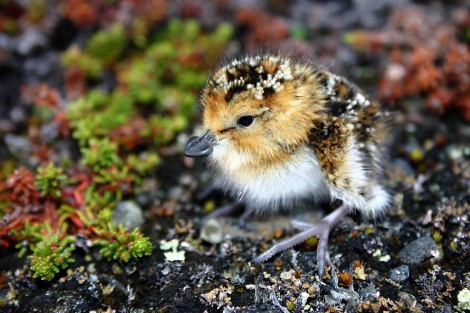
Just a little scratchy on my nose…
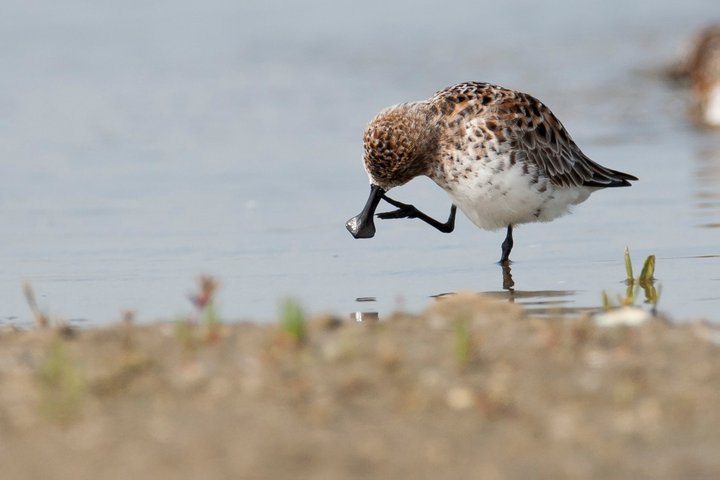
In need of a cuddle…
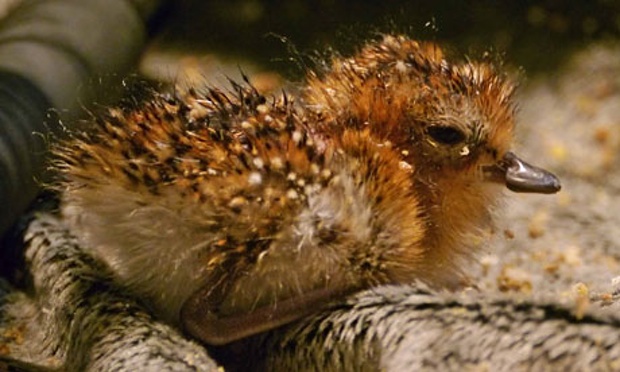
Spoonie chick is unimpressed
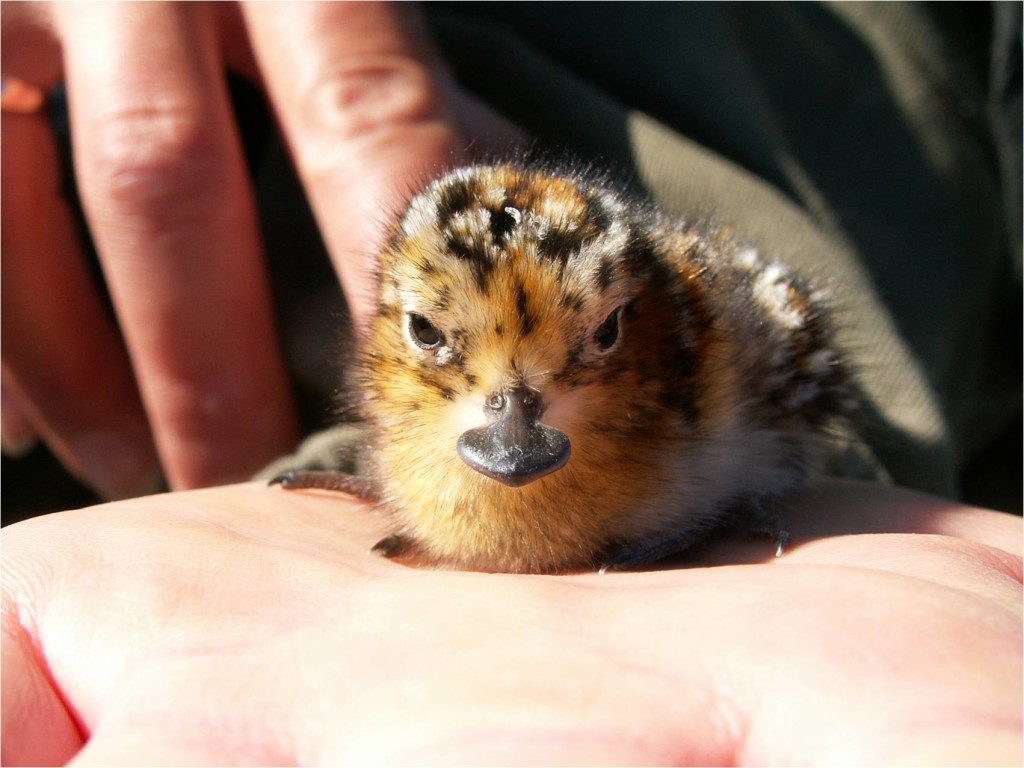
Lunch with friends, nomnomnom…
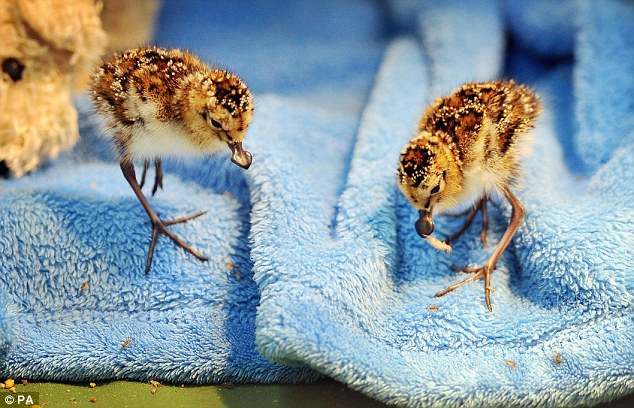
Taking a nap after some extreme insect-nomage…
This fostering scheme to save spoonies is a collaboration between WWT, the RSPB, Birds Russia, Moscow Zoo, the British Trust for Ornithology (BTO), Birdlife International, ArcCona Consulting, and the Spoon-billed Sandpiper Task Force.